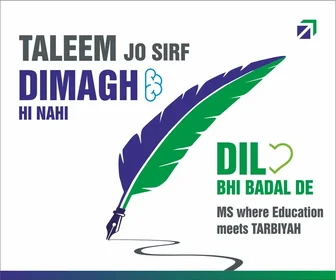
Hyderabad: Close to 4000-strong washermen belonging to the Muslim community, who have been in the generational occupation for over a century, are living in poverty even with the state government ignoring their pleas for help. Also falling under the ‘dudekula’ caste, the washermen were given reservation due to their impoverished status under the Backward Classes (BC) section during the previous Andhra Pradesh (AP) government, but it has not helped them much.
From the era of Mir Mahboob Ali Khan, the sixth Nizam (1869-1911) of Hyderabad, several Muslim families were employed to wash clothes and referred as Muslim Dhobis. The earlier Congress government (in the joint AP state) had given them reservation during the time of the late chief minister Y S Rajasekhar Reddy, but community members say that it did not help much.
“Our survival depends on hard work. Otherwise, it means no food for us,” said Hameed Khan, founder president Rajakka Muslim Washerman Welfare Association. The washerman families get work from families, dry clean shops, hospitals, function halls, hostels and lodges in Hyderabad.
The washermen families in Hyderabad have set up small facilities for washing clothes akin to the Dhobi Ghat wherever possible. “Otherwise, women go to houses and wash the clothes and earn money. There is no alternative but to work for our survival,” said Mohd Imtiyaz, another washman. For a pair of clothes, one washerman charges Rs 30 now, a meagre sum.
“People bargain with us when it comes to paying us. While they go to dry cleaning shops and pay Rs. 200 for a pair, the same is sent to us and we are expected to charge much lesser,” said Imtiyaz. The washerman families are referred as ‘Nizam Shahi’ families as during the Asaf Jahi era they washed clothes and beddings belonging to the royal families on the banks of Mir Jumla Tank, where the Talabkatta locality now exists in the old city of Hyderabad.
The families in Hyderabad are scattered around Bahadurpura, Tallabkatta, Malakpet, Secunderabad, and Chaderghat. Children in the families attend schools and colleges and in evenings help their parents to iron the clothes and dispatch them to the houses or deliver to the other customers.
“We don’t want our children to continue with it. Now there is no help from the government as previously we used to get subsidies for detergent, soda etc,” said Hameed Khan, a washerman from Hyderabad. The families want the government to continue 250 units free power supply to the washerman and extend the subsidy scheme to them so that their hard work pays off.

